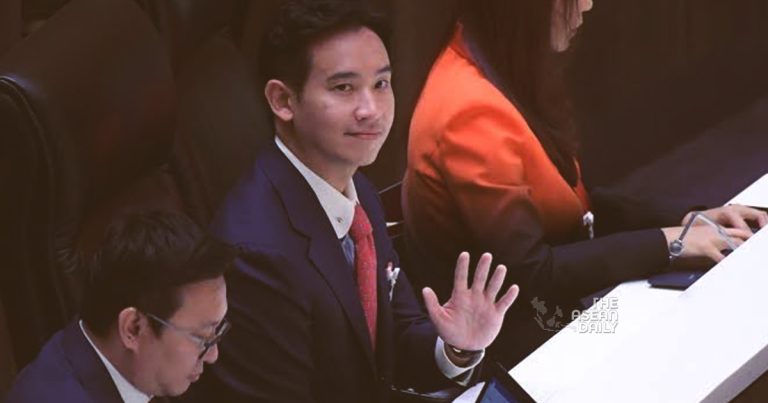25-12-2023 (BANGKOK) Thailand’s Move Forward Party, which clinched the majority of seats in this year’s elections but faced opposition in forming the government, expressed optimism on Monday (Dec 25) regarding an ongoing court case probing its campaign promises to reform laws related to royal insults.
Despite securing the most seats in the May poll, Move Forward Party’s leader at the time, Pita Limjaroenrat, was thwarted from assuming the role of prime minister by conservative forces in the upper house of parliament.
The party’s commitment to reform Thailand’s stringent lese-majeste laws raised concerns among the predominantly royalist, pro-military senate, whose members were appointed during the previous junta’s rule.
The Constitutional Court is currently reviewing a petition arguing that Move Forward Party’s advocacy for lese-majeste law reform constitutes an attempt to undermine the constitutional monarchy.
Pita, the former leader of the Move Forward Party who has since stepped down, provided testimony during a hearing on Monday, expressing confidence in the proceedings. He stated, “If you look at the scopes of the laws and accusations, the worst situation is that the Constitutional Court would ask us to stop the proceeding (of campaigning to amend the law),” refuting suggestions that the party is at risk of dissolution.
The court has announced that it will deliver its verdict on the case on Jan 31.
Current party leader Chaithawat Tulathon asserted that they are confident the party’s policy does not violate any laws. Move Forward Party garnered support from young and urban Thais, tired of nearly a decade of military rule, leading to a surprising victory in the May elections.
However, Pita’s bid for the prime ministerial role was thwarted, and the Move Forward Party found itself excluded from the government as the Pheu Thai party, led by veteran politician Thaksin Shinawatra, assumed power in coalition with pro-military parties.
Pita is also entangled in another legal battle at the Constitutional Court, seeking to prevent him from participating in politics due to his ownership of shares in a media company, a violation of Thai law for lawmakers.




